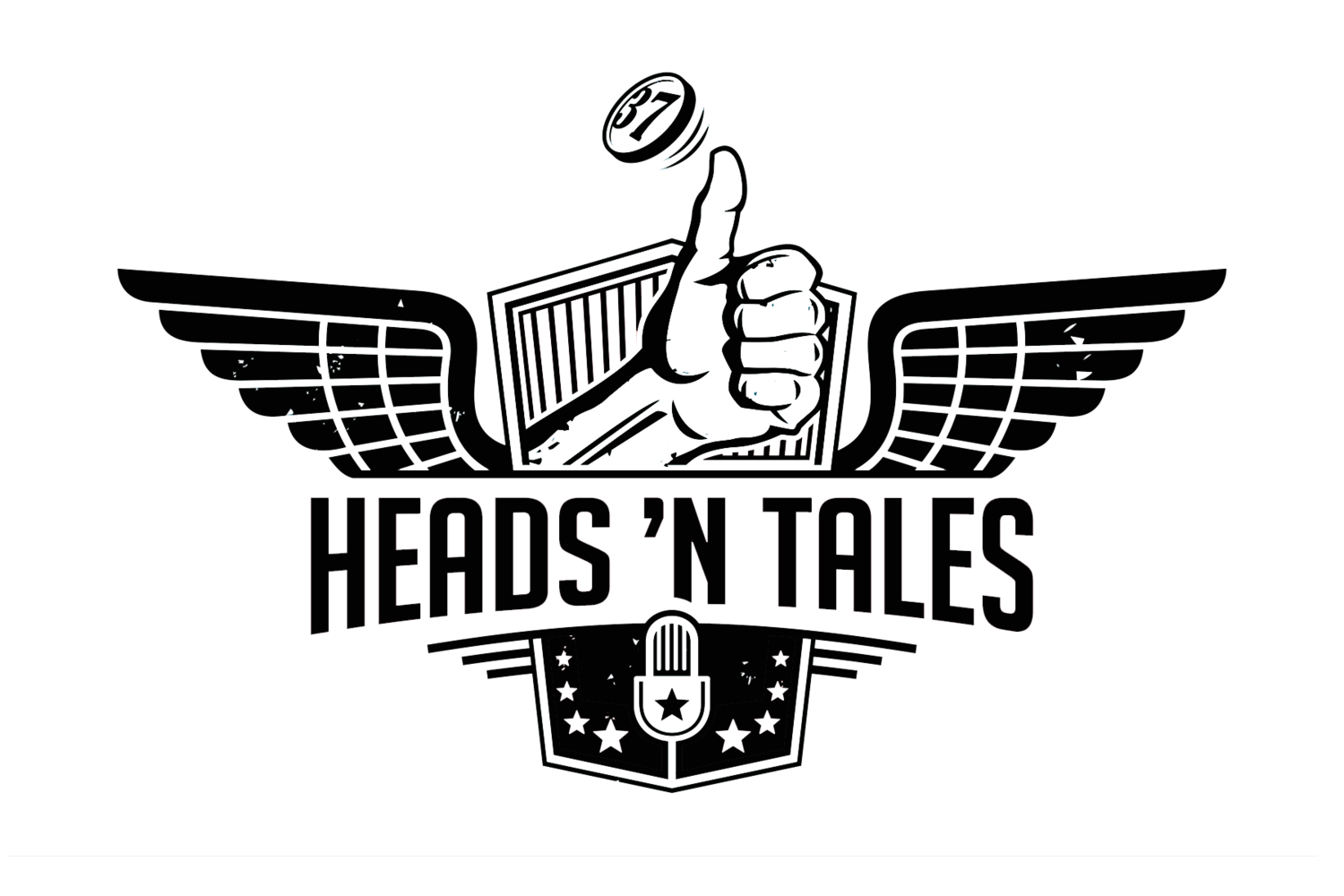Dr. Robert Huggins + Richard Dodakian, Exertional Heat Stroke, Korey Stringer Institute Series, Part 4/4
As training camps and summer come to a close, so does our 4-part heat stroke educational series with the staff at the Korey Stringer Institute (KSI). If you haven't already done so, I recommend you go back and listen to Episode 38, 39, and 40 before diving into this one.
In episode 41 we hear from Dr. Robert Huggins who serves as both Vice President of Research and Athlete Health & Safety at KSI. His responsibilities include the supervision, management, and coordination of research initiatives currently conducted by KSI specifically those initiatives supported by the National Football League and the National Athletic Trainers’ Association.
Furthermore, Rob conducts performance testing on athletes who are looking to enhance their performance through the use of scientific insights. Rob has been a licensed Athletic Trainer since 2007 and has experience at mass medical events such as the Falmouth Road Race (Where he met Richard Dodakian, Below), Boston Marathon, and Marine Corps Marathon where he has treated more than 35 cases of exertional heat stroke. Prior to his role at KSI, he started the club sports Athletic Training Programs at both Sacred Heart University and the University of Connecticut.
During our interview, Dr. Huggins tells us about what it's like to be in the board room at the NFL headquarters with Roger Goodell. What he has to say about the commissioner might surprise you if you are as easily influenced by the national media outlets as I am. Dr. Huggins also discusses the details of proper heat acclimatization, the economic benefits of employing athletic trainers and the fine line between over-training and over-reaching.
Pictured: Richard Dodakian and his daughter. Their family runs in the Falmouth Road Race every year and has become not only a family tradition, but also a motivator to stay in shape.
Lastly, we hear from a heat stroke survivor named Richard Dodakian (1:00:30) who credits Dr. Huggins for saving his life back in 2013. Richard is the oldest athlete we heard from during this series and is probably the easiest to relate to for the parents in the audience. Like most hard-working adults, Richard has a full-time job in addition to his training, unlike some of the division-1 football players we heard from earlier in the series.
Richard has run the same Falmouth Road Race every year following his 2013 bout with exertional heat stroke. Richard learned the hard way, but he cautions aging athletes that they are not infallible and to be more cautious with your training and preparation. He is thankful to have his wife serving as his conscience when he is pushing himself to the limits, as all successful athletes do. A couple factors that contributed to his exertional heat stroke were a lack of sleep before the race (Dr. Huggins explains the importance of sleep) and training at cooler times of the day leading up to the race.
Richard running this past weekend in the Falmouth Race, which is the same race he suffered exertional heat stroke back in 2013.
I would like to finish this post by thanking the Korey Stringer Institute for sharing your expert knowledge with us and making sports safer to play each and everyday. In addition, the athletes we interviewed over the past four episodes were extremely fortunate to have survived. Not everyone gets to have a chance at a comeback story. Ariel Newman died of exertional heat stroke at the age of 18 on September 10, 2014 while on a hiking trip in the Judean Desert. His parents and KSI worked together to create Ariel's Checklist in his honor to prevent future hikers from suffering from exertional heat stroke.






